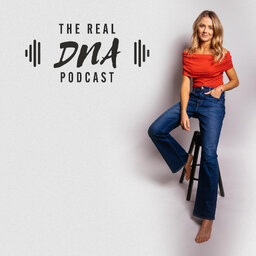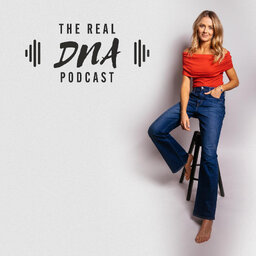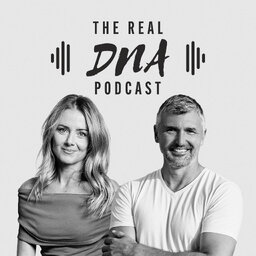Ep 35: Dana Dúbravská (Part 2) - The DNA of Sports Psychology
The Real DNA Podcast
Former Tennis Professional and current Sports Broadcaster and Social Influencer Daniela Hantuchova interviews highly successful guests from the world …43 clip(s)
Loading playlist
Daniela continues her chat with Dana Dúbravská, transformation and mental strength coach. Daniela and Dana discuss mental health and athletes, including the DNA of what it takes to be both mentally and physically fit.
Learn more about your ad-choices at https://www.iheartpodcastnetwork.com
 The Real DNA Podcast
The Real DNA Podcast


